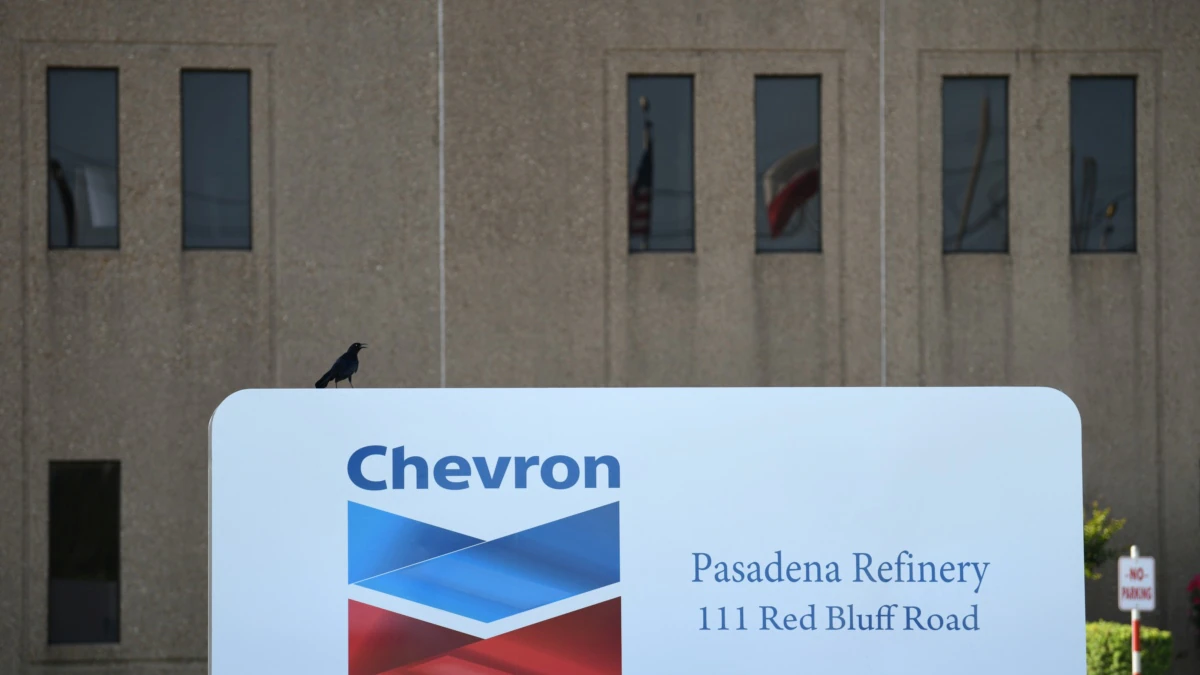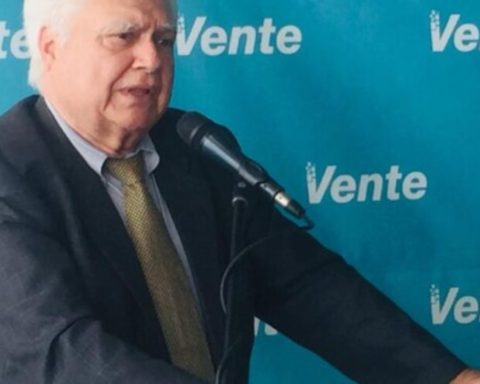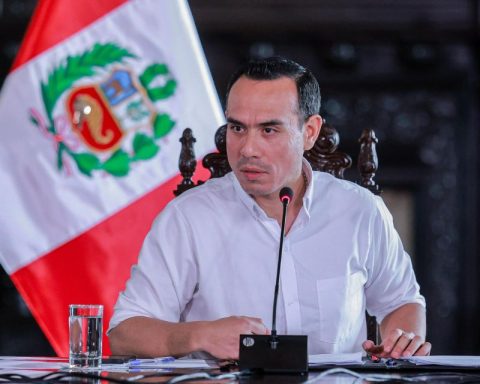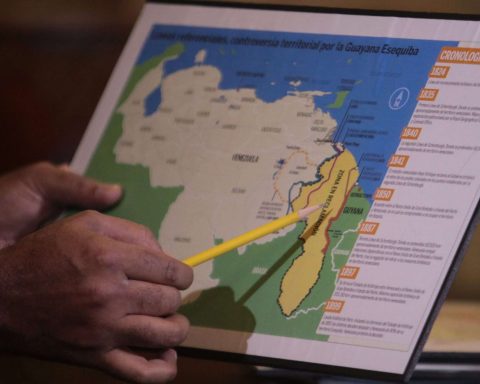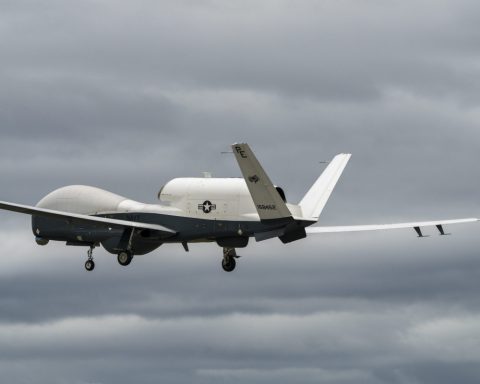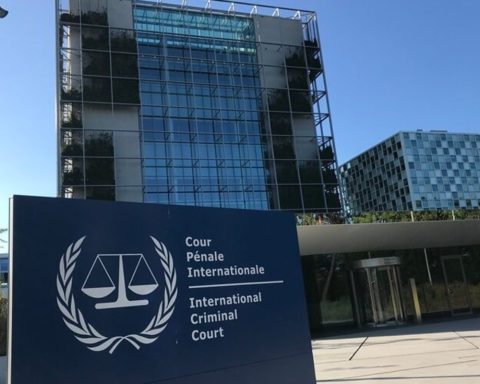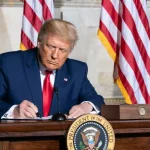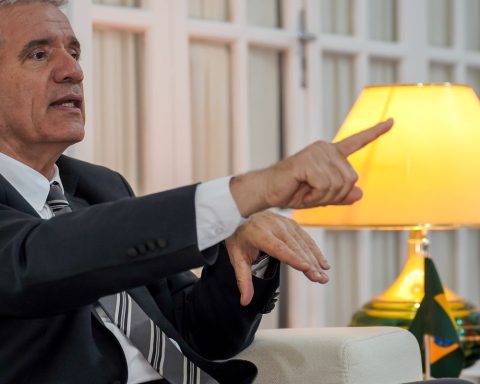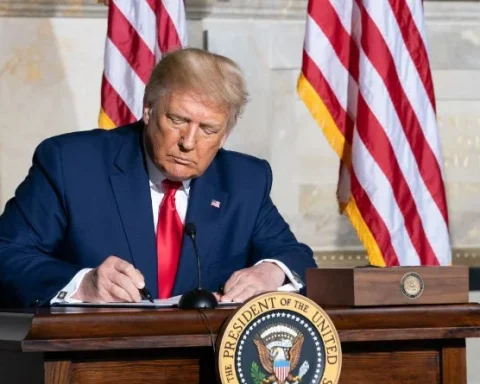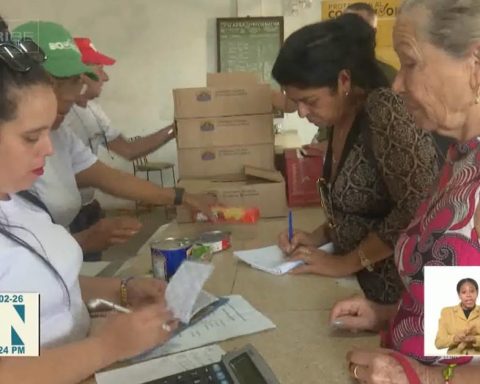Chevron Corp. is getting ready to expand its operations in Venezuela in anticipation of the possible relaxation of US sanctions over the South American country as oil prices soar following Russia’s invasion of Ukraine, according to three people familiar with the matter.
The oil company had minimized its presence in Venezuela, delegating most decisions to the state company PDVSA, after Washington tightened sanctions in 2020. As a first step towards expansion, Chevron is beginning to form a commercial team to market Venezuelan crude. sources said.
Once approved, the company also aims to take operational control of four joint ventures it shares with PDVSA without initially seeking an increase in its shareholding, two of the people said. Chevron and other PDVSA partners have called for greater governance for years.
US officials have made it clear to Chevron executives that any relaxation of sanctions It depends on Venezuelan President Nicolás Maduro taking steps such as releasing more imprisoned Americans and setting a firm date for restarting dialogue with the opposition, according to two of the sources.
Increased supervision by Chevron of oil fields in which it is involved could reinvigorate Venezuela’s crude production and exports after years of underinvestment and sanctions, which have knocked output down to some 755,000 barrels per day (bpd) last month since 2.3 million bpd in 2016.
To pave the way, the United States is in the process of drafting a new license that would allow Chevron to take on a more active role in Venezuela, a source said. Washington is considering issuing similar debt payment authorizations with oil for Spain’s Repsol REP.MC and Italy’s Eni SpA ENI.MI.
Chevron declined to comment, but reiterated in a statement that its operations in the country comply with US sanctions and remain “a constructive presence in Venezuela.”
PDVSA and Venezuela’s oil ministry did not respond to requests for comment.
A State Department spokesman said Washington “does not anticipate sanctioning action,” but added: “We have made it clear that we would review some sanctions policies if the Venezuelan parties made significant progress in the negotiations (…) towards a democratic solution.”
The US Treasury Department did not immediately respond to a request for comment.
contacts
High-level diplomatic talks between the United States and Venezuela, a close ally of Russia, quietly resumed this month after Moscow’s invasion of Ukraine.
Maduro last week authorized the release of two imprisoned Americans, but Washington has insisted that others be freed.
Maduro has also expressed his willingness to resume dialogue with the opposition after suspending talks in Mexico in October, but US officials want a firm commitment to discuss holding free elections.
The US imported 670,000 bpd of Russian oil and refined products in 2021. One of the few countries in a position to replace those imports is Venezuela. Before the sanctions, its oil went mainly to refineries on the US Gulf Coast.
Chevron is applying to the US government for a license broad enough to assume operational control of its joint ventures, a first step toward restoring oil production and exports, and determining where the oil is shipped, two officials said. sources.
No date has been set for the issuance of the authorization, but the firm has begun making preparations for its employees to obtain Venezuelan visas in Aruba. From there they would head to Caracas as long as the Treasury eases sanctions, the people said.
Chevron seeks to start moving Venezuelan oil to the US and other refineries as early as next month. The timing could be critical: the US ban issued last week on Russian imports means that oil from that country can continue to reach the country until April 22.
“Ever since Venezuelan barrels were banned from the United States in 2019, and Colombia and Mexico cut their crude exports to the United States, Russian barrels have been feeding Gulf refiners,” said a person involved in the talks.
Barrels traded by Chevron could help PBF Energy PBF.N, Valero Energy VLO.N and Phillips 66 PSX.N fill the gap, the source said. All operate heavy oil processing units.
Chevron has been in parallel talks with PDVSA to expand the governance of their joint ventures. But any agreement without reforms in Venezuela’s oil legislation, which requires PDVSA to be the majority shareholder in any joint venture in the sector, would be limited to temporary agreements between the parties.
Although PDVSA president Asdrúbal Chávez supports an expanded operational role for Chevron, some senior Venezuelan officials are resisting the change, three sources familiar with the matter said. BloombergNews previously reported that Chavez held talks with Chevron executives.
Connect with the Voice of America! Subscribe to our channel Youtube and turn on notifications, or follow us on social networks: Facebook, Twitter and Instagram.
